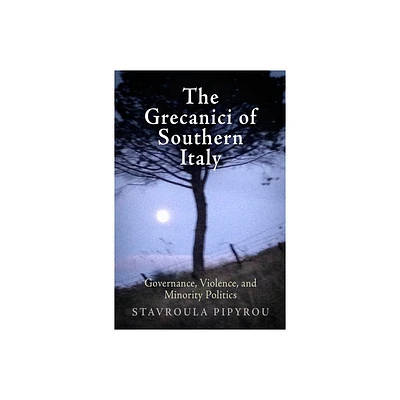Home
Between Salt Water and Holy Water: A History of Southern Italy
Loading Inventory...
Barnes and Noble
Between Salt Water and Holy Water: A History of Southern Italy
Current price: $24.95


Barnes and Noble
Between Salt Water and Holy Water: A History of Southern Italy
Current price: $24.95
Loading Inventory...
Size: Paperback
*Product Information may vary - to confirm product availability, pricing, and additional information please contact Barnes and Noble
"Lucid, evocative, and richly detailed." —Jay Parini
The history of southern Italy is entirely distinct from that of northern Italy, yet it has never been given its own due. In this authoritative and wholly engrossing history, distinguished scholar Tommaso Astarita "does a masterful job of correcting this error" (Mark Knoblauch,
Booklist
). From the Normans and Angevins, through Spanish and Bourbon rule, to the unification of Italy in 1860, Astarita rescues Sicily and the worlds south of Rome from the dustier folds of history and restores them to sparkling life. We are introduced to the colorful religious observances, the vibrant historical figures, the diverse population, the ancient ruins, beautiful landscapes, sweet music, and magnificent art—all of which inspired visitors to claim that one had to "see Naples, and then die."
The history of southern Italy is entirely distinct from that of northern Italy, yet it has never been given its own due. In this authoritative and wholly engrossing history, distinguished scholar Tommaso Astarita "does a masterful job of correcting this error" (Mark Knoblauch,
Booklist
). From the Normans and Angevins, through Spanish and Bourbon rule, to the unification of Italy in 1860, Astarita rescues Sicily and the worlds south of Rome from the dustier folds of history and restores them to sparkling life. We are introduced to the colorful religious observances, the vibrant historical figures, the diverse population, the ancient ruins, beautiful landscapes, sweet music, and magnificent art—all of which inspired visitors to claim that one had to "see Naples, and then die."


















